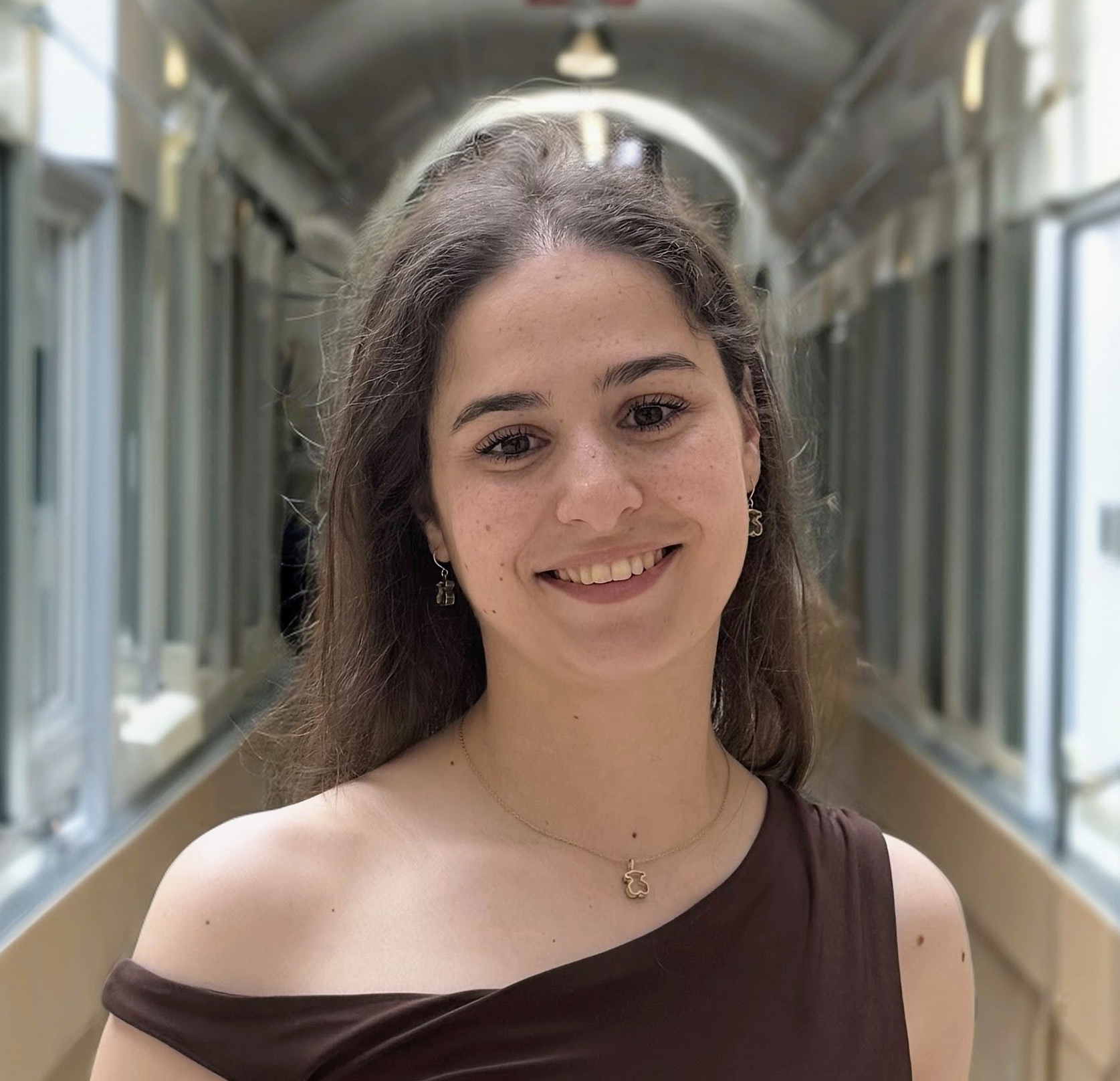-
Host organisation: Ospedale San Raffaele, Milan, Italy
-
Supervisors: Prof.dr. Raffaella Di Micco and Dr.Antonella Santoro
-
Research project: DC8 - Therapy-induced senescence as anti-cancer and immune-stimulatory strategy in AML
About me
"Guided by curiosity and persistence, I aim to transform complex immune mechanisms into translational opportunities. By redefining cellular vulnerabilities such as senescence as therapeutic strengths, my research seeks to bridge discovery and clinical application, advancing innovative strategies that can make a real difference in patients’ lives".

My name is Maria Lopes, and I’m from Portugal. I studied Biochemistry at the University of Porto, where both my bachelor’s and master’s degrees provided a strong foundation in molecular and cellular biology. Very early, I became fascinated by the dual role of the immune system in safeguarding health and driving disease — a paradox that also holds therapeutic potential.
During my master’s thesis at the Institute for Research and Innovation in Health (i3S), I investigated how inflammatory mediators and microRNAs regulate macrophage polarization and influence bone repair. This project was my first immersion into molecular biology and confirmed my passion for exploring immune regulation as a central element in regenerative medicine and therapeutic innovation.
After graduating, I joined the Center for Neuroscience and Cell Biology (CNC) in Coimbra, where I broadened my expertise in immunology and translational research. As a volunteer researcher, I explored early immune responses in the gut, particularly how maternal retinoid signals influence CD8αα T cell development. Later, as a research fellow, I focused on Machado-Joseph Disease (MJD), a rare neurodegenerative disorder. My work aimed to identify new biomarkers of disease progression and therapeutic response, combining insights from patient-derived cells and animal models. This experience strengthened my ability to connect basic discoveries with clinical questions and reinforced my motivation to pursue research with a clear translational dimension.
This progression has naturally led me to the MIRACLE project, where I will investigate therapy-induced senescence as an anti-cancer and immune-stimulatory strategy in acute myeloid leukemia (AML). My project (DC8) will focus on understanding how senescent AML cells shape the immune microenvironment and how this interplay can be harnessed to eliminate minimal residual disease. Using state-of-the-art approaches such as single-cell transcriptomics, organ-on-chip models, and patient-derived xenografts, I will explore strategies to enhance immune-mediated clearance of senescent cells and develop combinatorial therapeutic approaches. I’m particularly motivated by the idea of transforming senescence from a biological limitation into a therapeutic opportunity with direct clinical relevance.
What excites me most about MIRACLE is not only the scientific challenge but also the opportunity to join an international, interdisciplinary network. I look forward to training in advanced technologies, benefiting from secondments in leading European centers, and contributing my background in immunology, disease mechanisms, and biomarker discovery to the consortium. I strongly believe that collaboration across disciplines and countries is key to advancing cancer research, and I’m eager to both learn from and contribute to this environment.
On a personal note, I value curiosity, persistence, and the courage to embrace challenges. Moving abroad for MIRACLE represents a new chapter in both my scientific and personal journey. My aspiration is to grow into a researcher capable of bridging scientific insights with therapeutic applications, ultimately advancing strategies that improve patient outcomes.